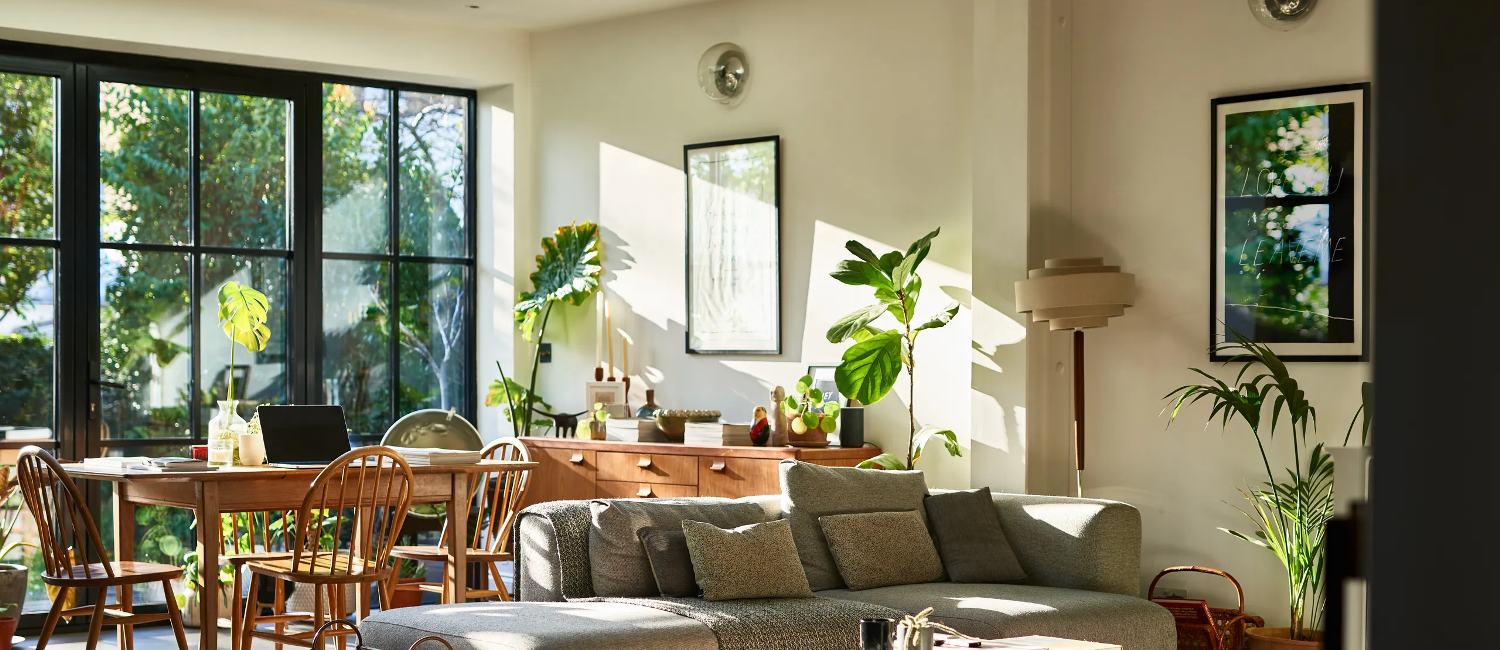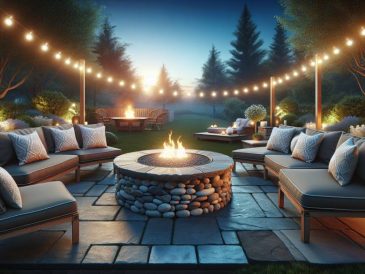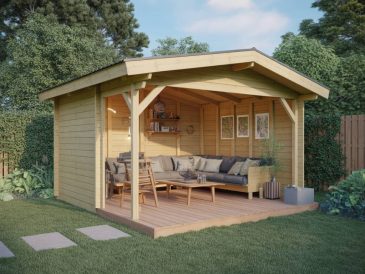Why Build a House Extension?
Adding a house extension is one of the most effective ways to increase your living space, improve functionality, and add value to your property. Many homeowners choose to extend rather than move, particularly in competitive housing markets. A well-planned home extension can accommodate a growing family, create a bespoke kitchen-diner, or provide a dedicated home office space. However, a common concern is the cost. This guide aims to show how to plan and construct a budget-friendly extension without compromising on quality.
Planning Your House Extension: The Smart Way
The key to building an affordable house extension is meticulous planning. Rushing into a project can lead to unexpected costs, planning fines, design errors, or aesthetic mismatches. Before hiring contractors or ordering materials, consider the following:
- Define your needs: Clarify the purpose of the extension (e.g., extra bedroom, open-plan kitchen, utility space).
- Set a realistic budget: Include design costs, planning permission, labor, materials, and a contingency of 10-15% for unforeseen expenses.
- Choose the right location: Rear, side, or wrap-around extensions each have different cost implications. Garage or loft conversions can be even more cost-effective.
Obtaining Planning Permission and Regulations
Before you build, you’ll need to make sure your project meets local building codes and planning regulations. In many areas, some modest extensions fall under “permitted development rights,” which means they don’t require formal planning permission. However, it’s wise to check with your local authority or a planning consultant to avoid expensive mistakes.
Your build must also comply with building regulations, which ensure the safety and structural integrity of the final result. Areas covered include fire safety, insulation, drainage, and energy efficiency. Hiring a licensed architect or structural engineer can help ensure compliance from day one.
Design Choices That Affect Costs
The design of your extension plays a major role in determining costs. Here are some factors to consider when looking to control your budget:
- Keep the structure simple: Complex roof lines or unusual layouts may look impressive, but they quickly escalate the cost and labor.
- Use off-the-shelf materials: Standard windows, doors, and fixtures cost significantly less than bespoke options.
- Limit the size: Bigger isn’t always better. A compact but well-designed extension can offer more utility per square meter than a large one poorly planned.
- Avoid relocating plumbing: Extending close to existing plumbing and electrical circuits can help reduce installation costs.
Choosing the Right Professionals
The quality of your house extension depends heavily on the professionals you hire. While hiring a full-service architect can be costly, it can also save money in the long run through more efficient design and project oversight. That said, there are budget-friendly alternatives:
- Consider a design-and-build company: These firms manage both design and construction, often offering bundled savings.
- Use a structural engineer only when needed: For simple extensions, an engineer may suffice in place of a full architectural firm.
- Get multiple quotes: Competitive pricing from several contractors gives you leverage and a better understanding of market rates.
Cost-Saving Construction Tips
Once your project moves to the construction phase, there are several techniques and decisions that can keep your budget in check:
- Opt for a timber frame structure: These are often faster and cheaper to erect than traditional brick-and-block methods.
- Project manage yourself: If you have time and experience, managing subcontractors independently can cut down on costs—but be aware of the responsibilities.
- Buy your own materials: Sourcing fixtures, tiles, or flooring yourself from wholesalers or online retailers can save a substantial amount.
- Build during off-season: Construction activity slows in winter, and some contractors may offer lower rates during this period.
Energy Efficiency and Long-Term Savings
Considering energy efficiency during the design phase may require slightly higher initial investment but can yield significant long-term savings. Insulating your new space properly, installing double or triple-glazed windows, and opting for underfloor heating or a modern heat pump system are all smart choices.
Additionally, incorporating passive solar gain by orienting windows towards the sun and using natural ventilation best practices can reduce your future reliance on artificial heating or cooling.
Add Value With the Right Features
If your goal is to increase property value as well as living space, think about what features are attractive to buyers in your area. Popular extension choices that tend to add considerable value include:
- Kitchens with island units and bi-fold doors
- Ensuite bedrooms or guest suites
- Home offices with good lighting and connectivity
- Accessible designs for aging in place
Not all extensions add equal value. Speak to a local estate agent to understand what buyers are looking for in your market. This helps target your investment toward features that will offer a meaningful return.
Common Mistakes to Avoid
Even a small error in planning or budgeting can quickly increase the total expense of your extension. Avoid these common pitfalls:
- Underestimating costs: Always include a cushion of 10-15% for unexpected issues such as damp, groundworks complications, or material price fluctuations.
- Lack of proper insurance: House renovation insurance protects you from liability and loss during construction and is essential for cost control.
- Ignoring legalities: Failing to obtain planning or building regulation approvals can lead to fines or even demolition notices.
- Choosing on cost alone: Cheapest isn’t always best. Vet your builder’s experience, past work, and references.
Final Thoughts
Constructing a house extension on a budget isn’t only feasible—it’s increasingly common among homeowners looking for practical solutions to modern space constraints. With careful planning, strategic design, and smart material choices, you can achieve a stylish, functional addition to your home without breaking the bank. Whether you aim to create a light-filled living area or a secluded home office, the key lies in thorough preparation and mindful spending at every stage of the project.




